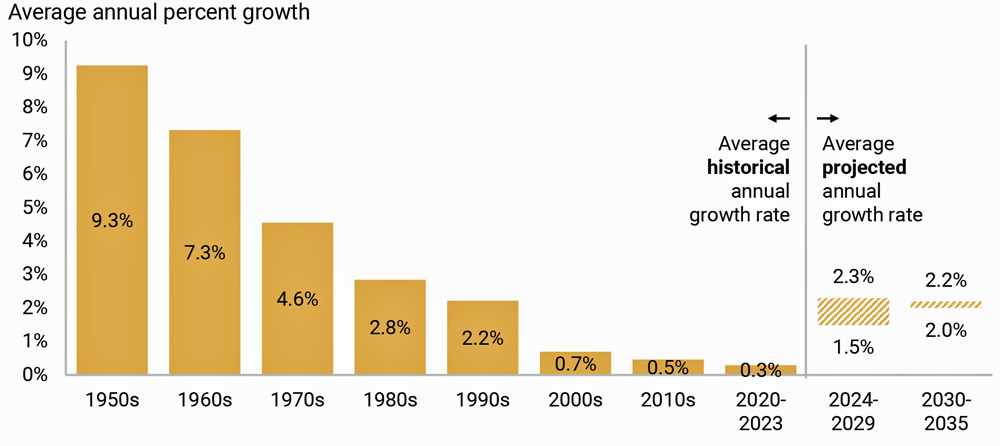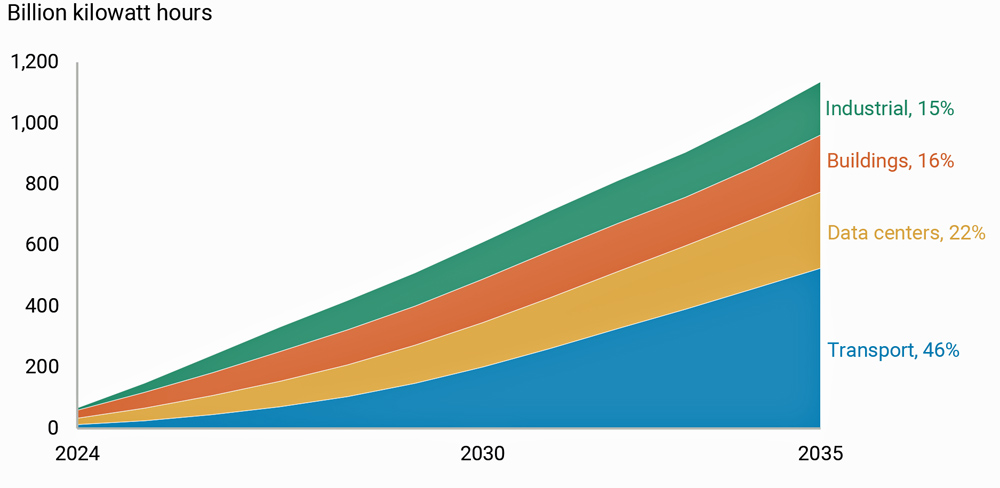CAISO will recommend that its Board of Governors approve a proposal that eventually would give the Western Energy Markets (WEM) Governing Body increased authority over the ISO’s Western Energy Imbalance Market (WEIM) and Extended Day-Ahead Market (EDAM).
ISO staff discussed the recommendation July 23 during the second CAISO stakeholder meeting to discuss the West-Wide Governance Pathways Initiative’s “Step 1” straw proposal, which would elevate the “joint” authority the Governing Body shares with the ISO board over WEIM/EDAM issues to “primary” authority.
The recommendation will advance that Step 1 proposal to a vote by the Board of Governors and the newly renamed WEM Governing Body on Aug. 13 — but some meeting participants expressed confusion over exactly what the two bodies will be voting on.
CAISO staff provided a summary of the comments received on the proposal, which showed overall support from several stakeholders and members of the Pathways Initiative’s Launch Committee. Of the 31 entities that participated in indicative voting on the proposal, 22 offered support, six were neutral, one opposed and two had no position.
“We got almost complete agreement on the issues here, and I think that stakeholder process and the highly collaborative nature of what everybody did led CAISO to be able to make the recommendation to move forward with the Step 1 proposal to the governing bodies,” Michael Colvin, director of regulatory and legislative affairs at the Environmental Defense Fund, said in the meeting.
Adam Schultz, manager of regional coordination at CAISO, summarized the feedback received from stakeholders through submitted comments. A key point of concern centered around the trigger mechanism, which would require that the FERC tariff filing needed to establish the Governing Body’s primary authority wait until the EDAM obtains implementation agreements from a “set of geographically diverse” WEM participants representing load equal to or greater than 70% of CAISO’s balancing authority area annual load in 2022, according to the straw proposal.
A few parties requested the trigger mechanism be eliminated and Step 1 be implemented immediately. Other stakeholders suggested the governance changes not take effect until one year after EDAM implementation.
“The goal all along has been to achieve the greatest independence for the EIM and now EDAM governance within California’s existing law,” said Doug Marker, a specialist in intergovernmental affairs at Bonneville Power Administration. “So if we have found that there is the ability to achieve greater independence for the EIM and EDAM, then it should not wait for critical mass of participants signing implementation agreements.”
“I recognize that’s a point that has been thoroughly discussed within the Launch Committee, but it is something that we flagged in our comments and would like to be brought before the boards when they consider this in August,” Marker added.
‘Extremely Frustrating’
Several stakeholders also took issue with the process used to develop the Step 1 proposal.
Jessica Zahnow, of Puget Sound Energy, said WEM entities were not adequately engaged or represented in the process.
“There’s some very material items that haven’t been addressed, and to just tell us that you think they are addressed and you’re going to continue forward is extremely frustrating. I don’t even know personally what the joint bodies are voting on,” Zahnow said. “The language needed to effectuate this proposal has not even been developed or put before us, and when told that the Launch Committee has already vetted these issues, they did so behind closed doors and this is the first time that most of us have seen this fully formed offering at CAISO.”
Launch Committee Co-Chair Kathleen Staks, director of Western Freedom, noted that development of the Step 1 proposal was addressed in several of the initiative’s monthly public stakeholder calls and included input submitted from multiple public comment periods. Burton Gross, legal counsel at CAISO, provided further explanation.
“What’s going to go to the board and the Governing Body for consideration is the proposal as written as a principle, and that is not going to be final,” Gross said. “As the trigger gets closer … we would then put in a set of governance documents that are designed to implement the proposal before the board and the Governing Body for approval.”
An ISO spokesperson clarified to RTO Insider that the Step 1 proposal to be voted on Aug. 13 will set forth the proposed governance terms. If approved, the ISO will prepare revisions to the documents that implement the governance terms in a public process.
Marker also reiterated prior concerns about the level of independence the Step 1 governance model achieves. (See CAISO Kicks Off Stakeholder Process for Pathways Initiative.)
“While we appreciate the work of the Pathways Launch Committee and the proposal, we did indicate that our position is neutral, and that’s just because we want to be clear that we don’t think that this achieves the needed independence for EDAM governance, and that needed independence is going to take legislation,” Marker said.
Despite opposition, ISO staff recommended moving forward with the proposal.
“Our view at the staff level is that there is no need to make substantive changes to the Step 1 proposal as filed, and so for that reason, we are proposing to move forward with the joint meeting between the ISO Board and the Western Energy Markets Governing Body on Aug. 13 to consider and vote on the Step 1 proposal,” Schultz said.
A memorandum outlining the ISO’s recommendations will be published in advance of the August meeting, though an exact date was not provided.

